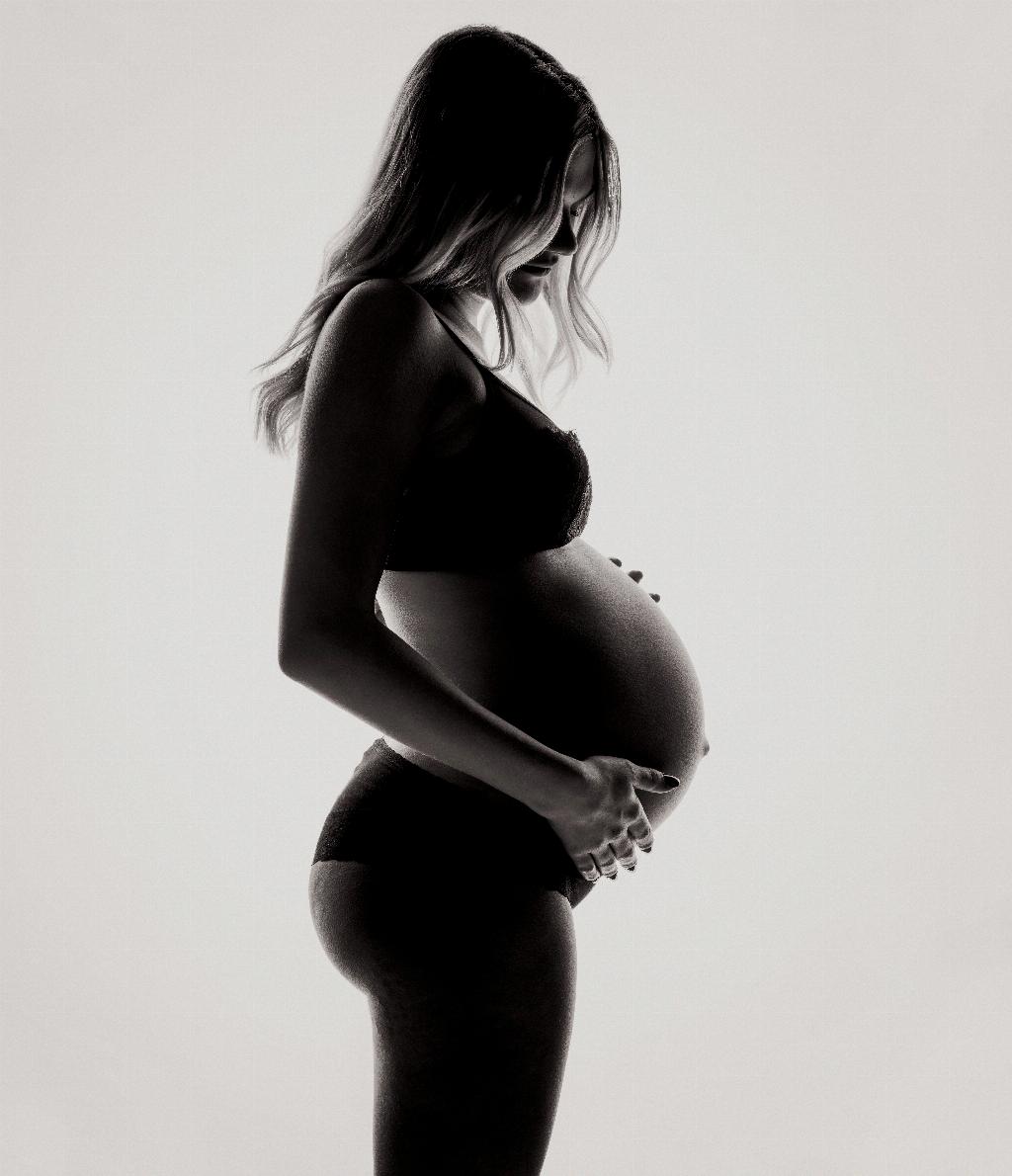When it comes to pregnancy, maintaining a balanced and nutritious diet is crucial not only for the health of the mother but also for the developing baby. One common question that arises is how long a pregnant woman can go without eating. It is important to address this concern to ensure the well-being of both the mother and the growing fetus.
Experts recommend that pregnant women should not go more than 2 to 3 hours without eating. It is essential to eat at regular intervals to provide a continuous stream of nutrients to support the baby’s development. By grazing throughout the day, pregnant women can ensure a steady supply of essential vitamins, minerals, and calories that are vital for a healthy pregnancy.
Going too long without eating can lead to fluctuations in blood sugar levels, which can affect both the mother and the baby. When pregnant women skip meals or go for extended periods without food, they may experience symptoms such as dizziness, weakness, and lightheadedness. These signs indicate that the body needs nourishment to function optimally.
During pregnancy, the body’s nutritional needs increase to support the growth and development of the baby. Consuming a variety of nutrient-dense foods is essential to meet these increased demands. By eating every few hours, pregnant women can ensure that they are providing their bodies with the necessary nutrients to support a healthy pregnancy.
Skipping meals or prolonging the time between eating can also impact the baby’s growth and development. When a pregnant woman does not eat regularly, the baby may not receive an adequate supply of nutrients needed for proper growth. This can lead to potential complications and health issues for both the mother and the baby.
It is important for pregnant women to listen to their bodies and respond to hunger cues promptly. Ignoring feelings of hunger can lead to overeating later on, which can disrupt blood sugar levels and contribute to unhealthy weight gain during pregnancy. By eating consistently throughout the day, pregnant women can maintain stable blood sugar levels and support their overall health.
In addition to regular meals and snacks, staying hydrated is also crucial during pregnancy. Drinking an adequate amount of water throughout the day helps to prevent dehydration and supports the body’s functions. Dehydration can exacerbate feelings of hunger and lead to fatigue, so it is important for pregnant women to prioritize hydration alongside regular eating.
Pregnant women should focus on consuming a balanced diet that includes a variety of foods from all food groups. Incorporating fruits, vegetables, whole grains, lean proteins, and healthy fats into meals and snacks can help to ensure a well-rounded nutrient intake. It is essential to pay attention to portion sizes and practice mindful eating to support overall health and well-being during pregnancy.
Some pregnant women may experience nausea, vomiting, or food aversions that can make it challenging to eat at regular intervals. In such cases, seeking guidance from a healthcare provider or a registered dietitian can be beneficial. These professionals can offer tailored advice and support to help pregnant women navigate their dietary needs and ensure they are meeting their nutritional requirements.
In conclusion, pregnant women should aim to eat every 2 to 3 hours to support a healthy pregnancy. By consuming regular, balanced meals and snacks, pregnant women can provide their bodies with the necessary nutrients to meet the increased demands of pregnancy. Listening to hunger cues, staying hydrated, and seeking support when needed are essential practices for maintaining optimal health during this critical time.

